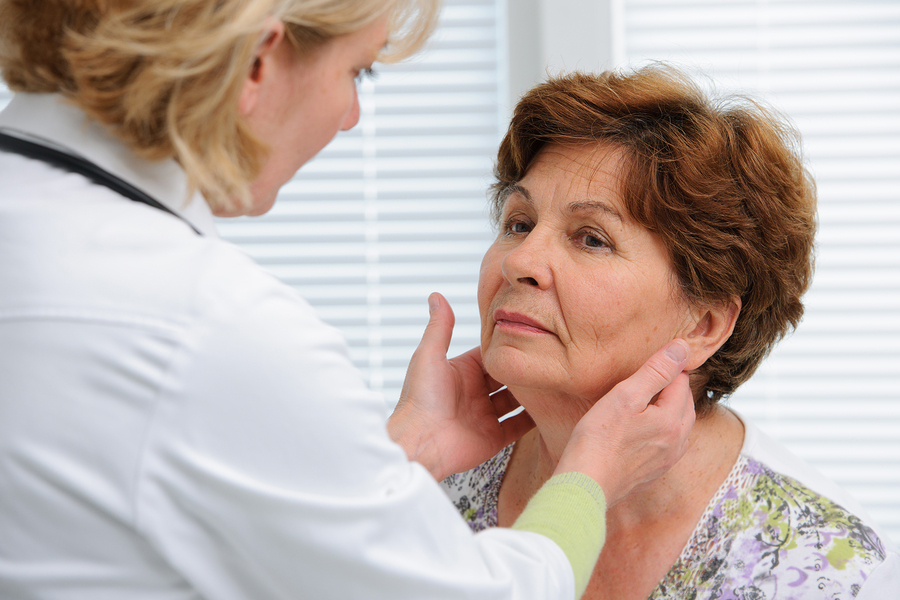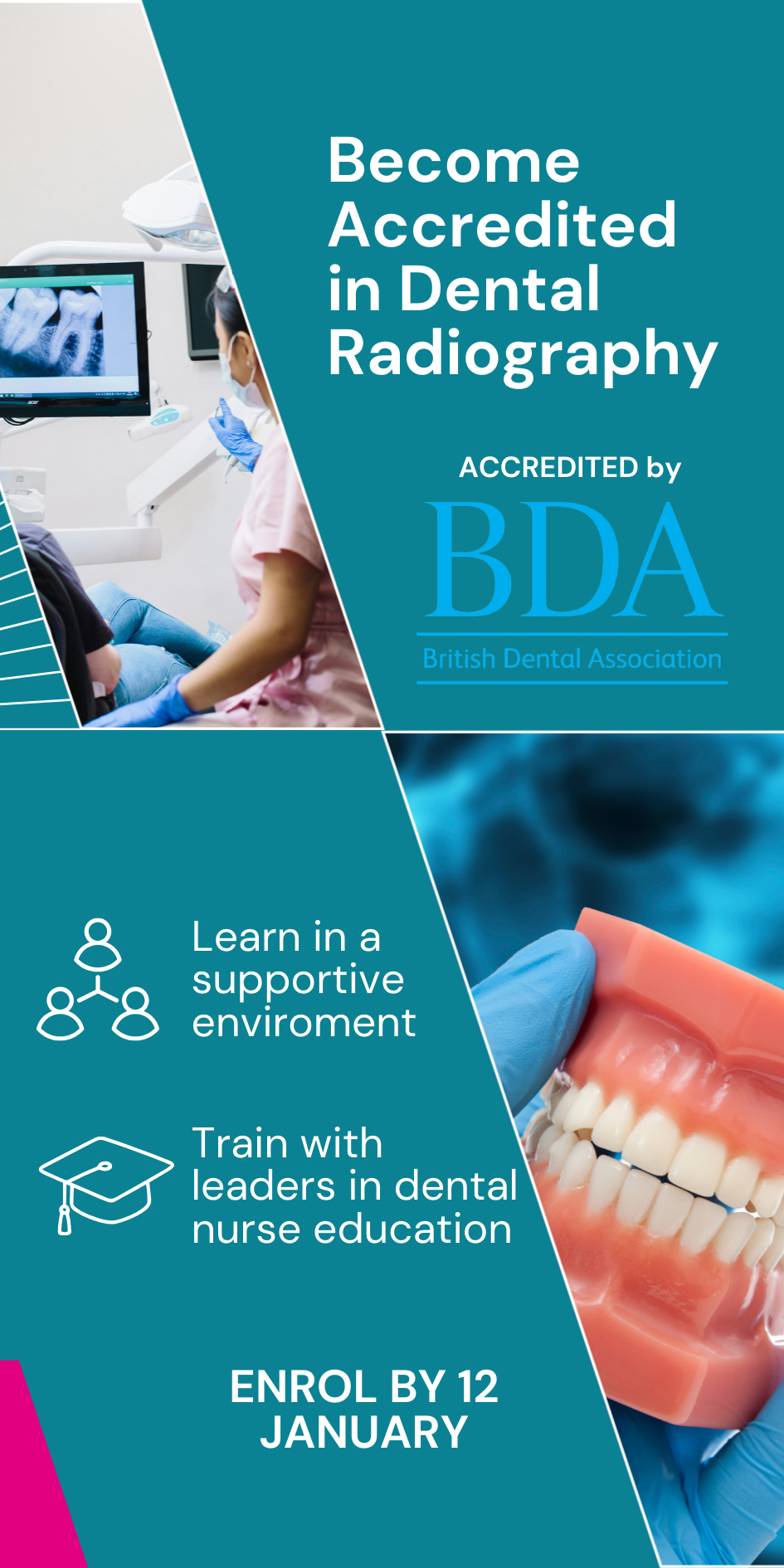 November is approaching fast, and this is the month to help raise awareness of oral cancer.
November is approaching fast, and this is the month to help raise awareness of oral cancer.
Oral cancer is the sixth most common cancer in the world, and approximately 7,800 people are diagnosed with it in the UK each year. The number of people being diagnosed with oral cancer has grown by around a third in the last decade, so making people aware of it is more important than ever before. As health care professionals, it’s important that we ensure our patients know the risks and understand that a few lifestyle changes can reduce their chances of developing this disease.
What is oral cancer?
This is where a tumour develops inside the oral cavity or on the lips. The tumour can develop in many different areas, such as on the surfaces of the tongue, the lining of the mouth, the palate, or the gums. It can also affect the saliva glands, the tonsils or the pharynx.
Who is most likely to be affected?
Most cases of this disease are found in people aged between 50 and 74, but it can affect anyone. Its occurrence in younger adults is often associated with the HPV virus.
People’s lifestyle choices can increase their risk of contracting the disease. Risk factors include:
- Smoking or using tobacco products;
- Drinking alcohol;
- Having the human papilloma virus (HPV);
- Having a low intake of fruit and vegetables.
If you are a heavy smoker and drinker, you have a higher risk of oral cancer than other people.
The signs and symptoms to look out for are:
- Ulcers that are not healing within a three-week time period or longer;
- Unexplained, persistent lumps in the mouth or neck that don’t go away;
- White or red patches on the tongue or on the lining of the mouth;
- Tissues that are firm or hard to the touch;
- Changes in speech.
What is the treatment for oral cancer if it is found?
There are three main treatment routes to remove any cells that raise concern. These treatments are often used together to reduce the risk of the cancer returning. The treatments are:
- Surgery to remove all the cancerous cells that are harmful, together with a tiny amount of surrounding normal tissue or cells to ensure all the cancer has been removed;
- Radiotherapy, which involves high-energy X-rays that can kill cancerous cells;
- Chemotherapy, where powerful medication is used to kill any cancerous cells off.
- How can patients reduce their chances of developing the disease or prevent it from returning?
- Stop smoking. I know this can be a tricky subject to talk about with some patients, so being non-judgemental and just making sure that they are aware of the services that are available to them if they want to stop is the best approach.
- Either stop drinking alcohol or reduce levels to meet government guidance. This guidance advises consuming no more than 14 units of alcohol per week. I know a lot of our patients are unsure of how much alcohol they are consuming each week, as they are unaware of what 1 unit is, so it’s important that staff members can give them basic guidance if asked. The drinkaware guidance (https://www.drinkaware.co.uk/alcohol-facts/alcoholic-drinks-units/what-is-an-alcohol-unit/) provides the following advice:
- 5 pints of cider at 4.5% equates to 14 units.
- 14 glasses of 40% spirits in a 25ml measure equates to 14 units.
- 6 glasses of 13% wine in a 175ml measure equates to 14 units.
- 6 pints of lager or ale at 4% equates to 14 units.
- If the patient consumes a range of different alcoholic drinks, it’s important that they do their own research so that they are aware of the amount they are drinking each day or week.
- Eat a healthy, balanced diet that includes 5-7 portions of fresh fruit and vegetables a day.
- Visit the dentist for a six-monthly/annual examination appointment. The dentist will be able to complete a full oral health screen check during your appointment.
As a practice, it’s important that you effectively communicate risk factors and prevention advice to your patients. You can offer free cancer screening checks throughout November and can provide written literature for the patient to take home with them.
For more information about oral cancer, the following websites have lots of information regarding the disease. If we all get involved, we can help reduce the number of people being diagnosed with oral cancer each year.
https://www.nhs.uk/conditions/mouth-cancer/
https://www.dentalhealth.org/mouth-cancer-action-month
https://www.drinkaware.co.uk/alcohol-facts/alcoholic-drinks-units/what-is-an-alcohol-unit/
Written by Emma Leather RDN, OHE, PTLLS, TAQA, IQA.


